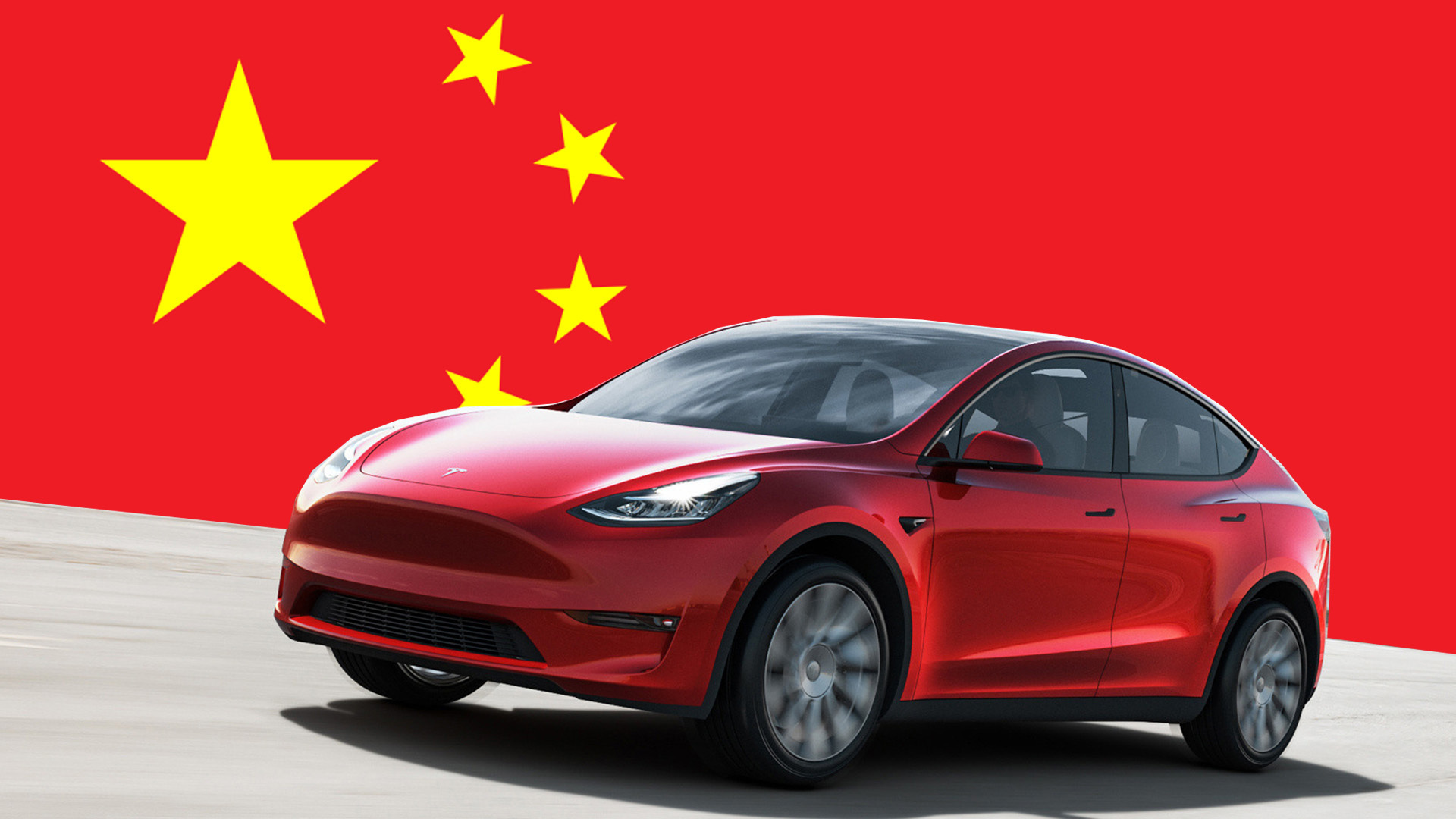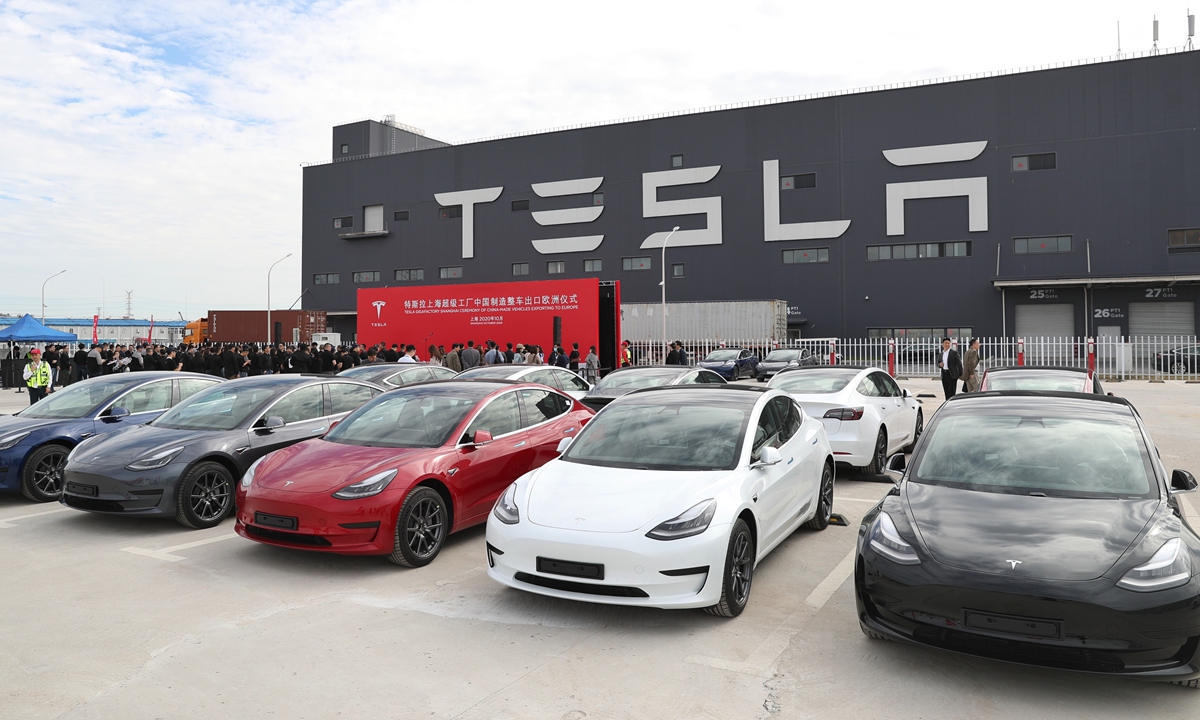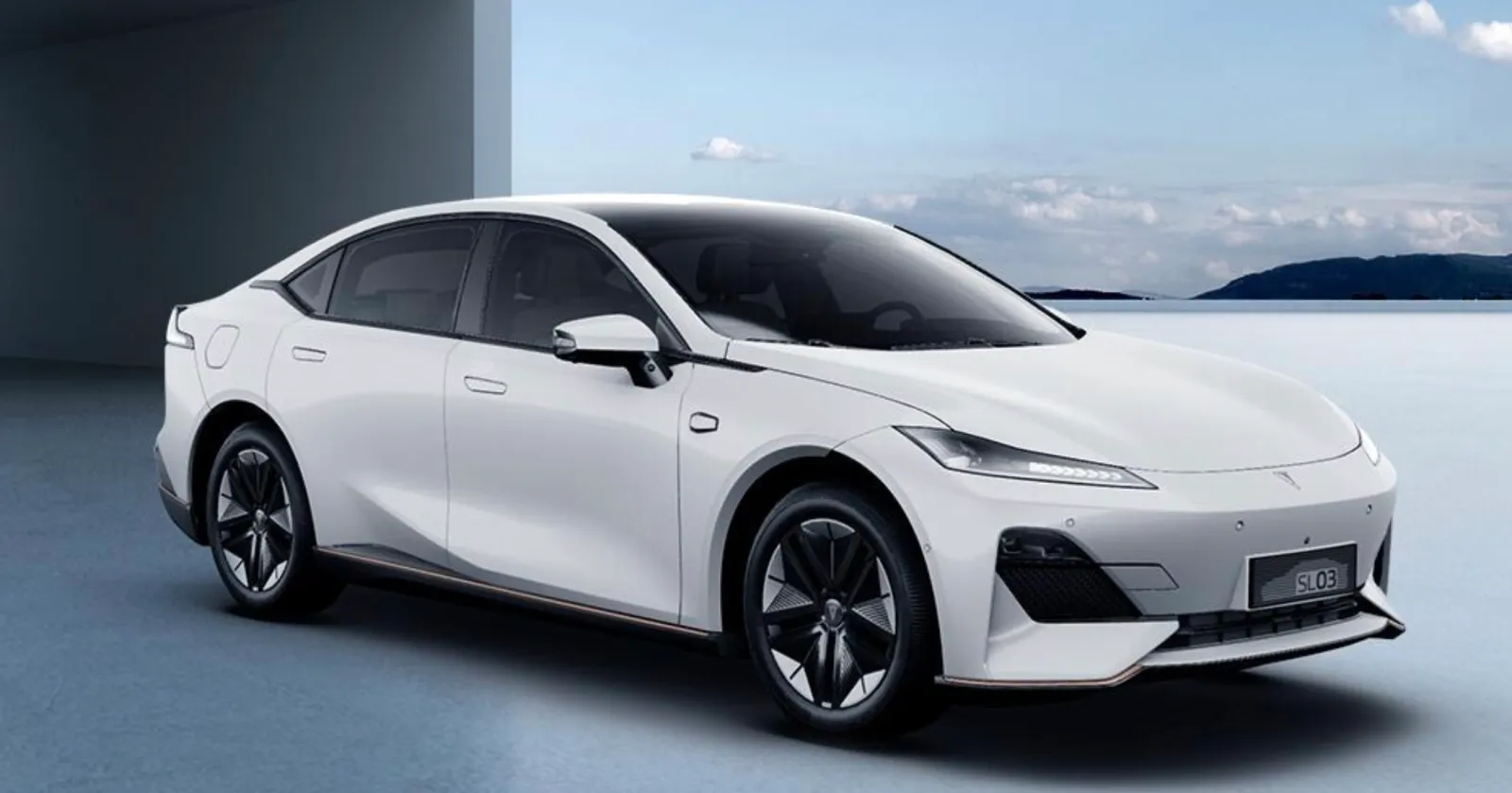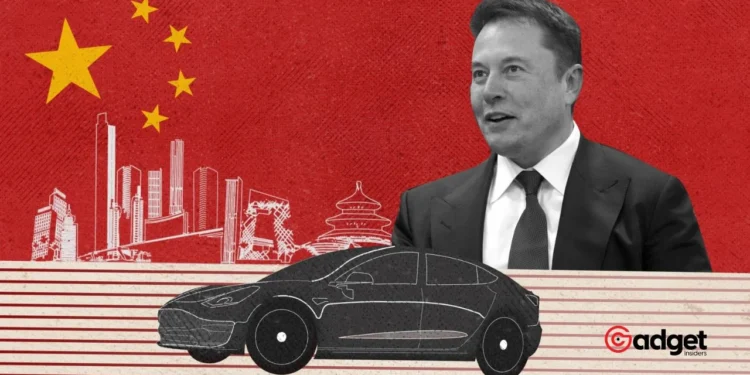Tesla, a name synonymous with innovation in the electric vehicle (EV) sector, is currently navigating a rough patch in the Chinese market, with sales plummeting by 18% in April compared to the previous year. This downturn follows a significant 30% sales drop in March, painting a worrying trend for the EV pioneer in one of its most crucial markets.
According to data from the China Passenger Car Association, the American EV brand managed to sell only 62,167 vehicles in April, a stark contrast to its former bustling sales figures. The American EV maker now trails behind BYD, a Shenzhen-based automotive powerhouse, which reported a whopping 49% increase in sales of new energy vehicles, predominantly battery-electric.
BYD, bolstered by the backing of Warren Buffett, even surpassed the American EV giant in global EV sales in the fourth quarter of 2023, momentarily seizing the top spot from its American competitor.

Tesla’s Strategic Moves in China
Amidst these sales struggles, The company’s CEO Elon Musk embarked on an unexpected trip to Beijing in late April, aiming to revitalize Tesla’s prospects. During his visit, Musk secured crucial approvals to introduce the brand’s advanced driver-assistance system in China.
This approval came with certain conditions, including a significant partnership with Baidu Inc. for mapping and navigation technologies, addressing stringent local regulations on data privacy and security.

Reports suggest that Tesla’s strategy in China includes using its vehicles as taxis to test its self-driving capabilities extensively. This move, allegedly supported by the Chinese government, highlights the EV company’s ambitious efforts to adapt and innovate under restrictive conditions.
Tesla dominates in Q1 2024 BEV sales in 🇨🇳 China, 🇪🇺 Europe, and 🇺🇸 USA. YoY again #1 🏆 pic.twitter.com/FRdecSWSkF
— Alex (@alex_avoigt) May 1, 2024
Challenges and Competition: Tesla’s Uphill Battle
The competitive landscape in China is increasingly challenging for Tesla. Local EV manufacturers are not only matching but often surpassing the company’s autopilot features, offering them at more competitive prices with a broader range of models.
This fierce competition is further complicated by the general economic slowdown, which has prompted the company to implement broad job cuts, affecting thousands of employees globally, including in China.
Despite these adversities, China remains a pivotal market for Tesla, contributing to over half of its global deliveries last year. The company’s performance in China is integral to its global strategy, not just for domestic sales but as a critical export hub to other major markets, including Europe.

Market Reactions and Future Projections
The investor community has reacted nervously to Tesla’s recent setbacks, with the company’s stock price dropping 3.8% on Tuesday. Stakeholders are increasingly concerned about the slowing pace of Tesla’s EV sales and the escalating price wars, particularly with nimble and aggressive Chinese rivals.
As the market awaits more detailed data later this month, the focus remains on how the EV giant will navigate these turbulent waters.
Will the technological enhancements and strategic partnerships in China be enough to stem the tide, or is this the beginning of a more significant shift in the EV landscape? Only time will tell, but for now, Tesla’s journey in China is fraught with challenges and opportunities alike.










